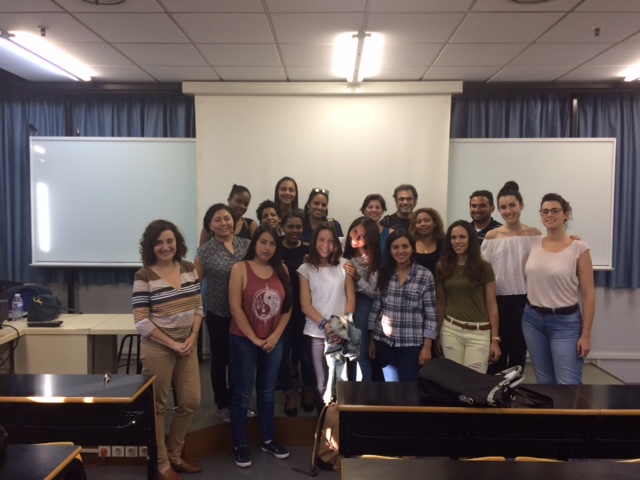
Sri Lanka is an Asian country which still has wild elephants running free. These pachyderms have become one of the most important economic incomes of the country, due to the great tourism attracted by the possibility of observing these animals from several natural parks within the isle.
9 december 2015
For some years now, Sri Lanka has been facing the problem of this specie’s disappearance due to a parasite illness which leads these animals to death and which means an average of two dead elephants per week. The cause for this mortality is Fasciola, an Hepatic Helminth within the group of Trematodes which also affects men and cattle causing a highly-problematic illness both because of its degree of pathogenicity and for its epidemiologic and control complexity.
Globally renowned specialists withing the field, professors Santiago Mas-Coma and María Dolores Bargues, both full-university professors of Parasitology at the UV and members of the WHO Collaborating Centres and the FAO-UN Reference Centres, have travelled to Sri Lanka this week in order to work on this topic over the region of Kandy, in Northern Sri Lanka. This work expedition is part of a collaboration with the country’s University of Peradeniya, whose veterinarian responsible, professor Jayanthe Rajapakse has visited the above mentioned centre of the UV in previous occasions.
This researching initiative’s main aim is to try to explain the way in which this illness is transmitted, for which camp work is included in several places around Sri Lanka were wild elephants sicken and die. They are also currently carrying out lab which are being developed at the laboratory within the WHO Collaborating Centre and that of the FAO-UN at the UV; they are using snail cultures from Sri Lanka and vector potentials of elephants Fascioliasis and living Fasciola. The vector or vectors detection and the expierimental verification on how the illness transmission to elephants takes place, remains essential in order to establish which would be the best control measures to stop the current mortality of elephants and hence, to assure their survival in the Asian country.
The reason why this mortality of elephants due to Fasciola Infection has reached this alarming level in the last few years is still unknown. However, recent studies carried out by Valencian experts have proved the great impact change climate has over the expansion and increase of this illness within the South Asian region. They have proved, for the first time, how climate change influences human infection of this parasite in Pakistan. This drives us to the conclusion that Sri Lanka’s case is probably a similar phenomenon with similar effects. Studies to confirm such possibility are already being carried out in Valencia.
Published by: Paula Tomás Gimeno











